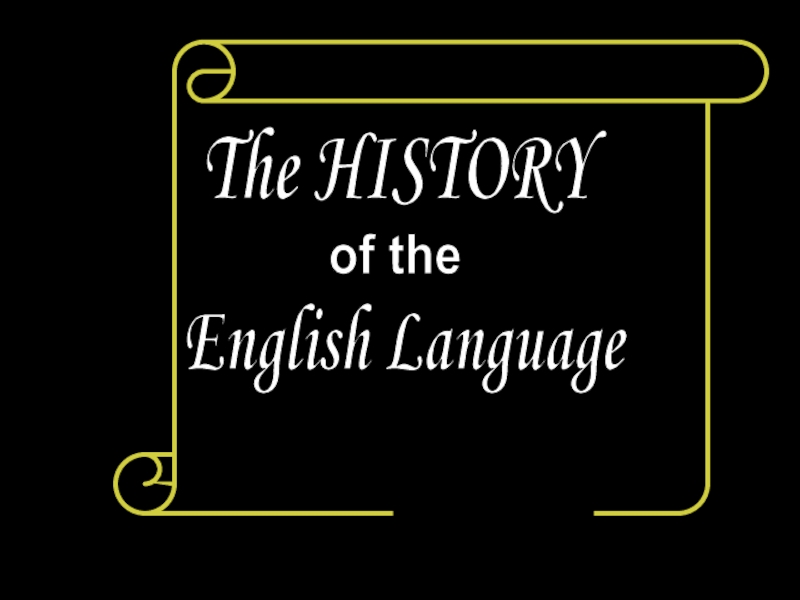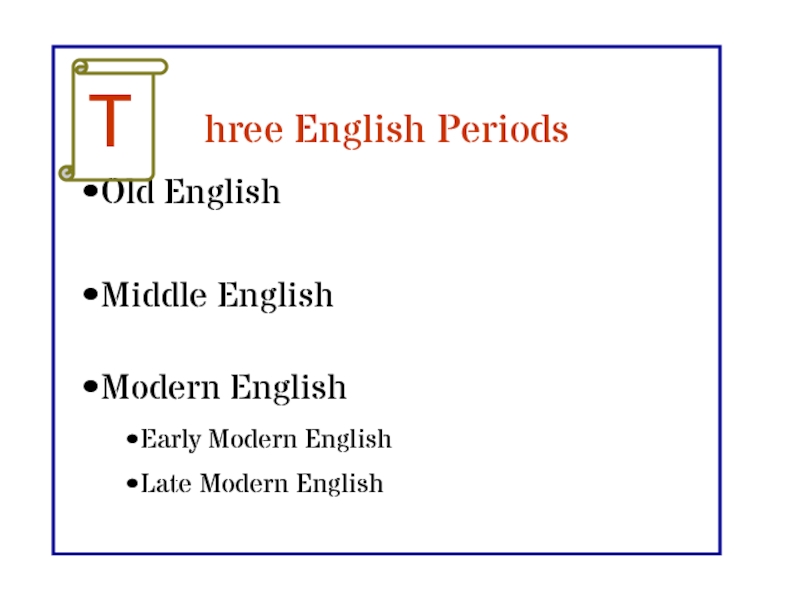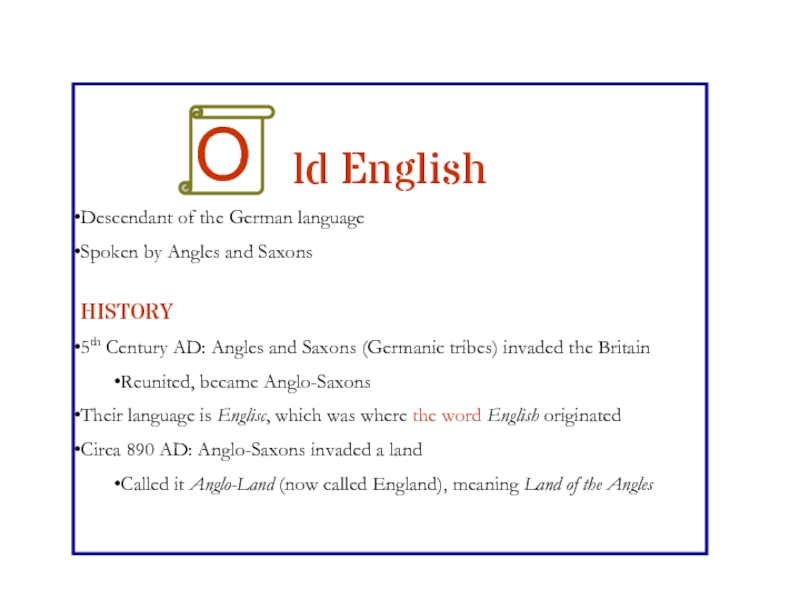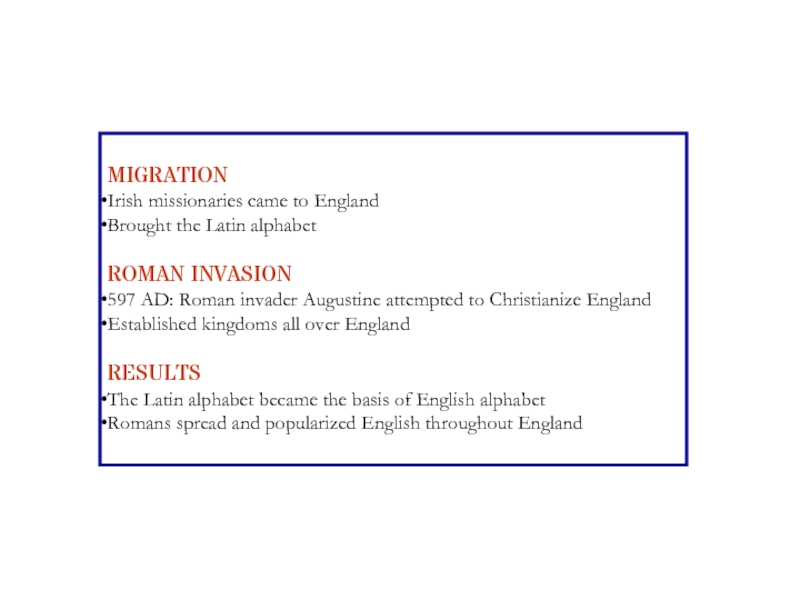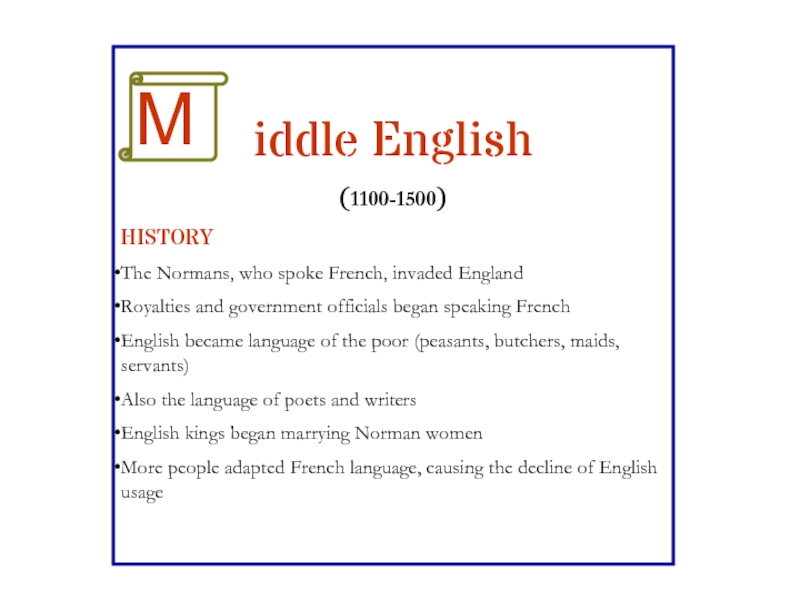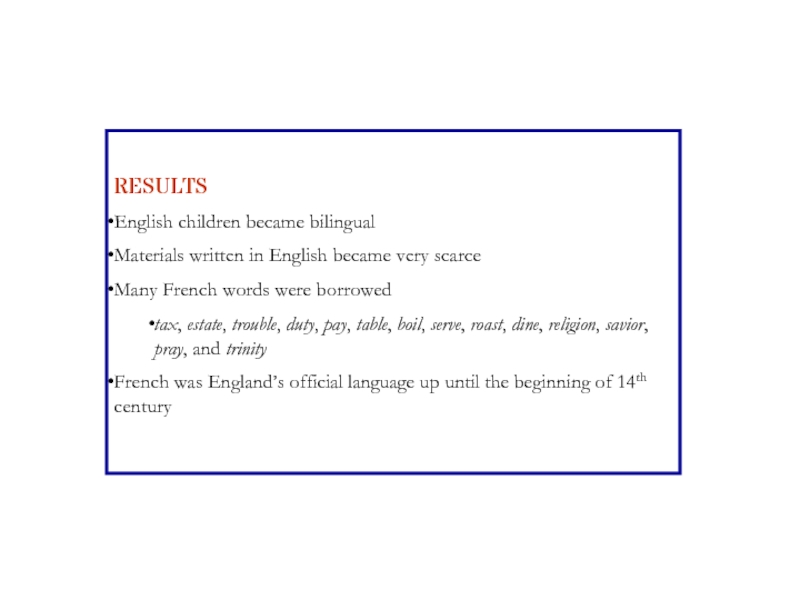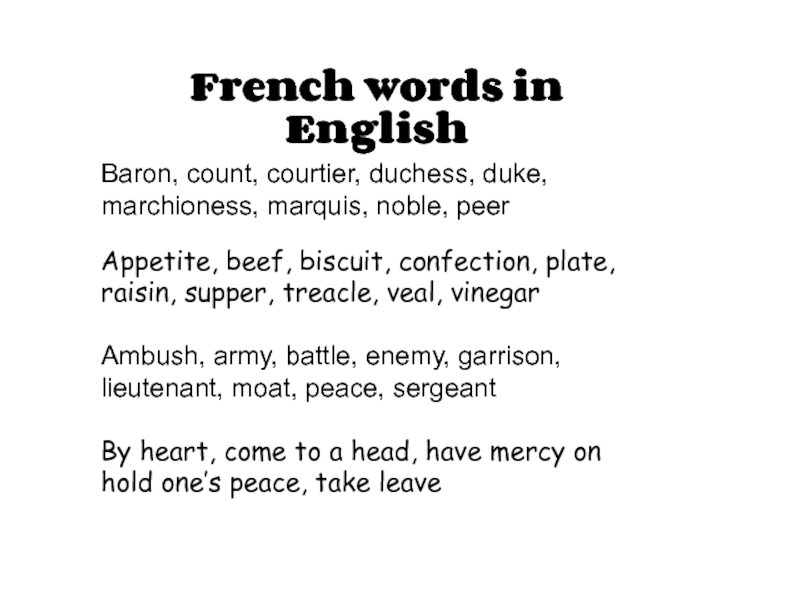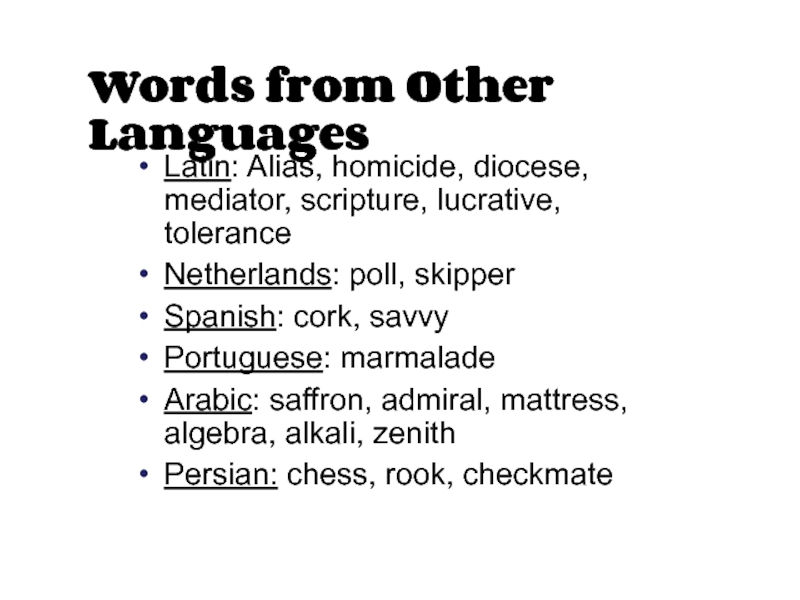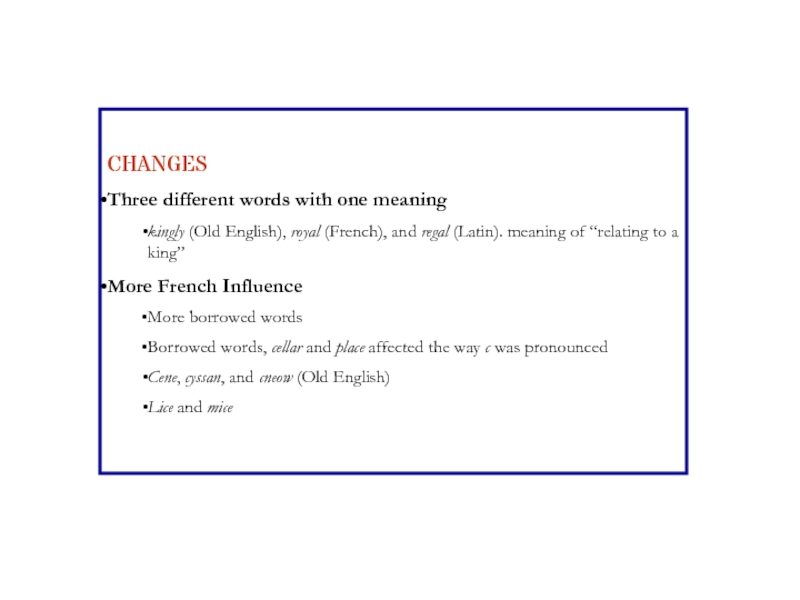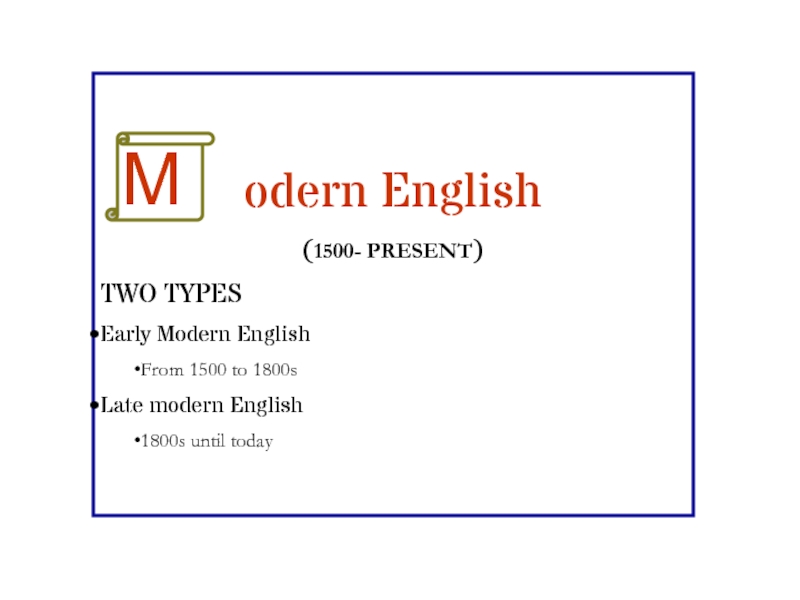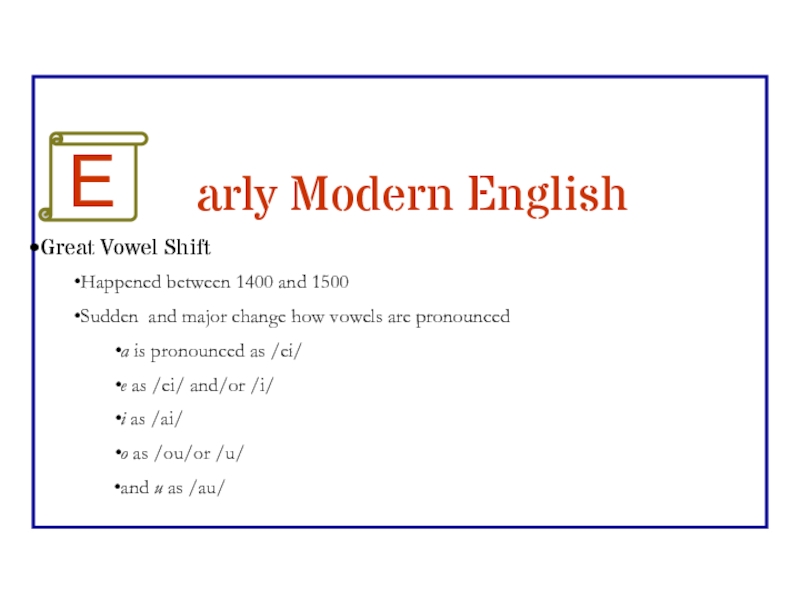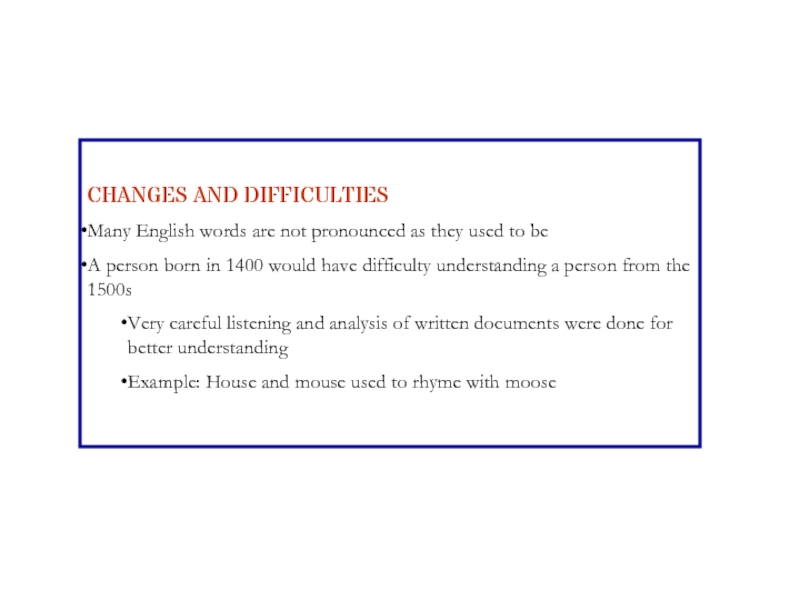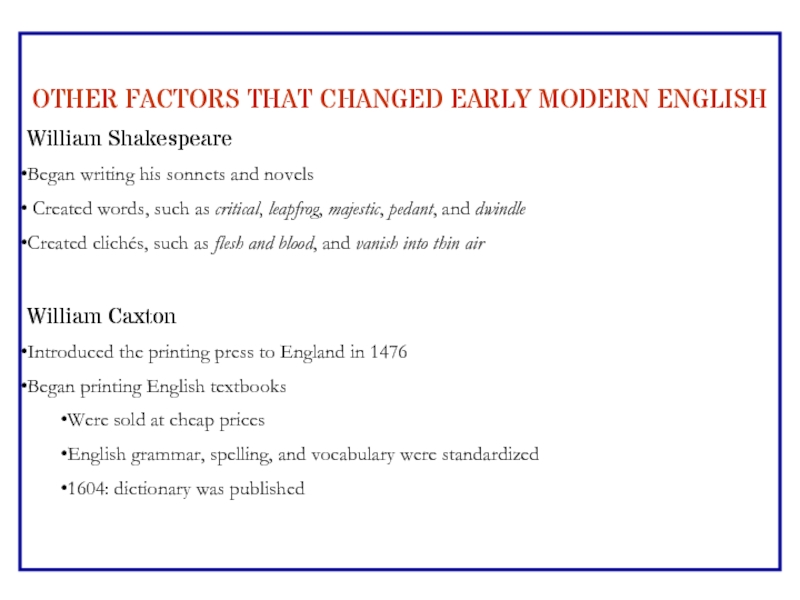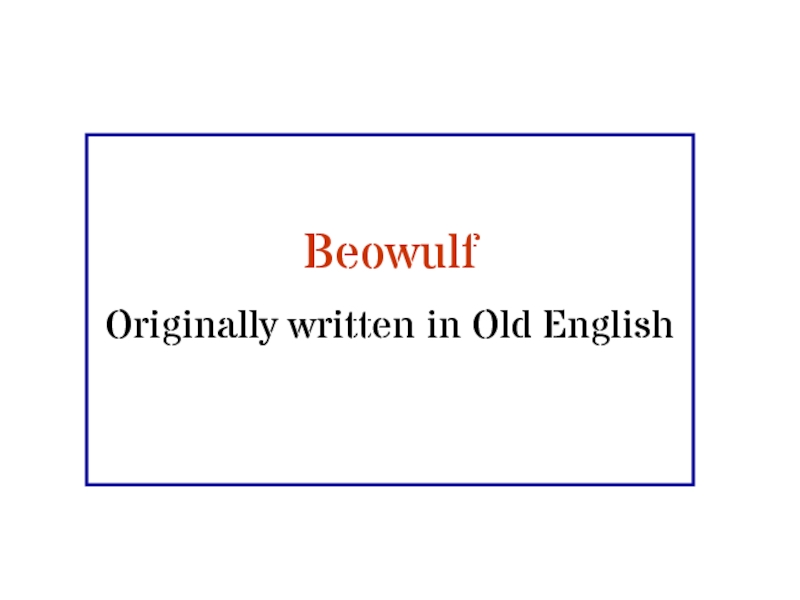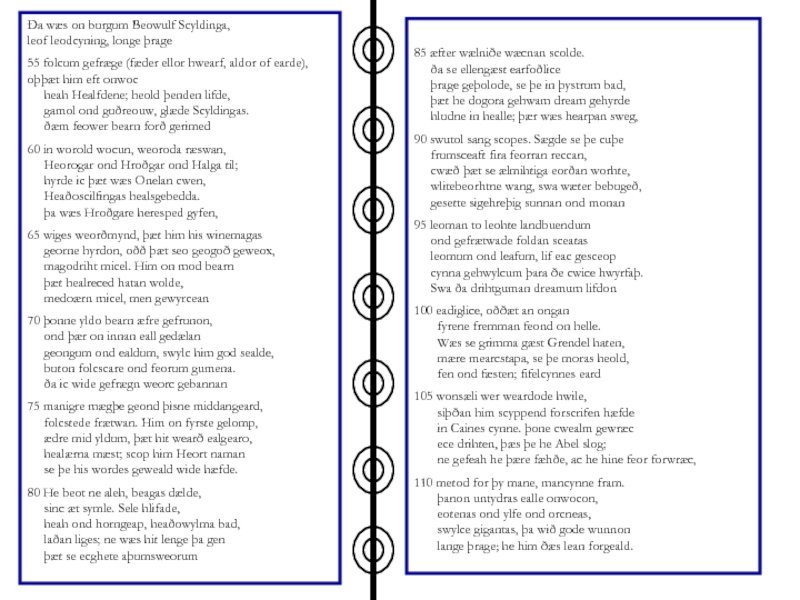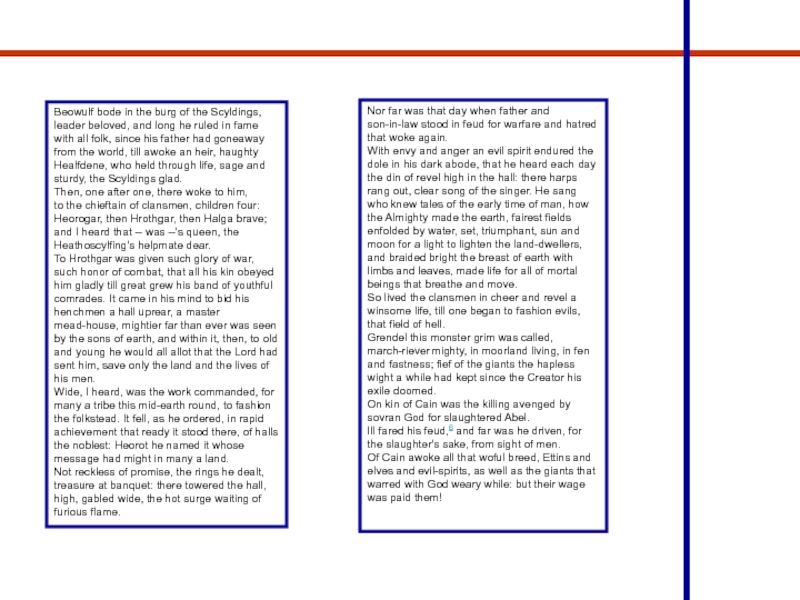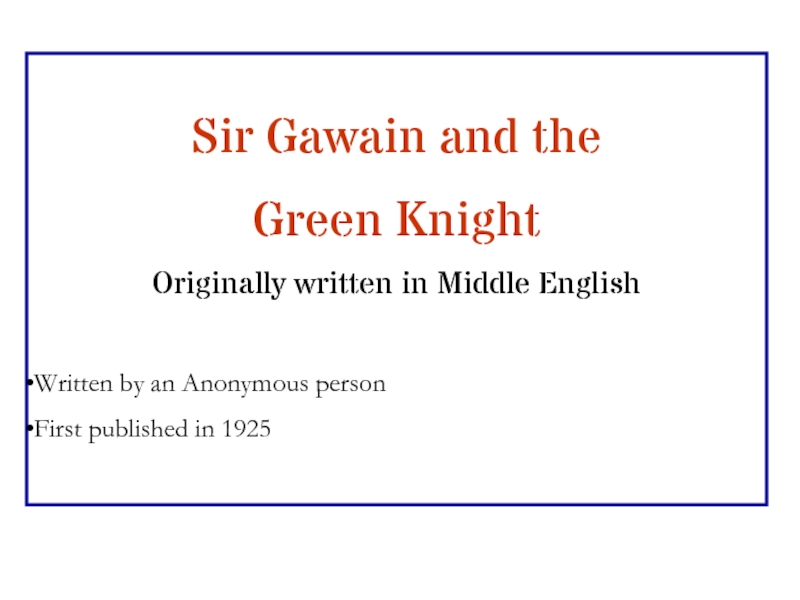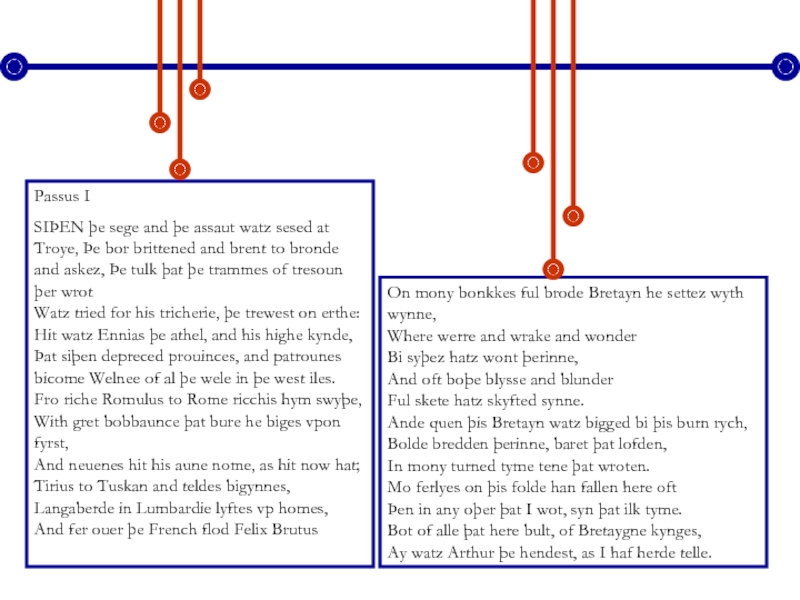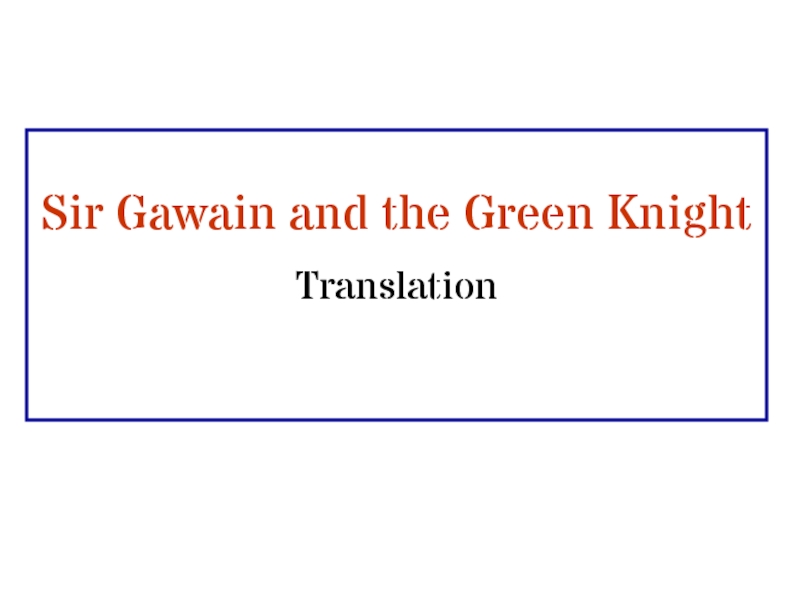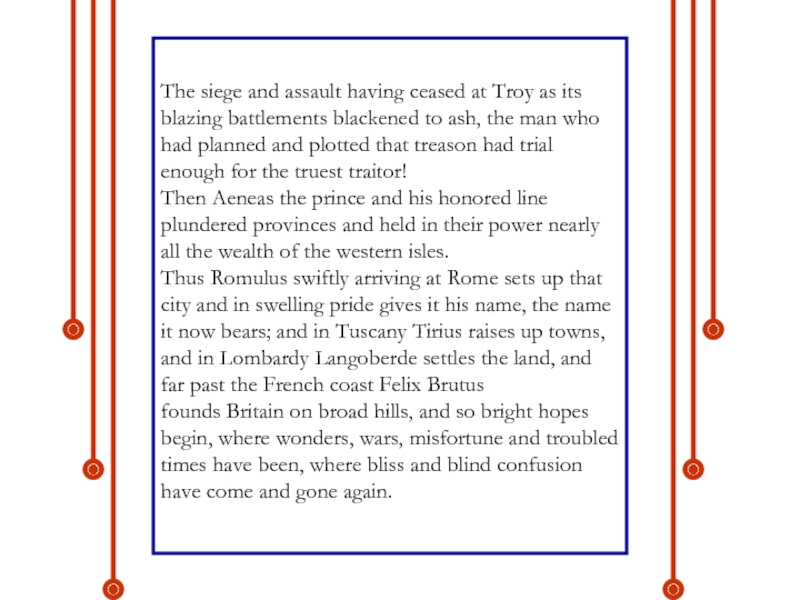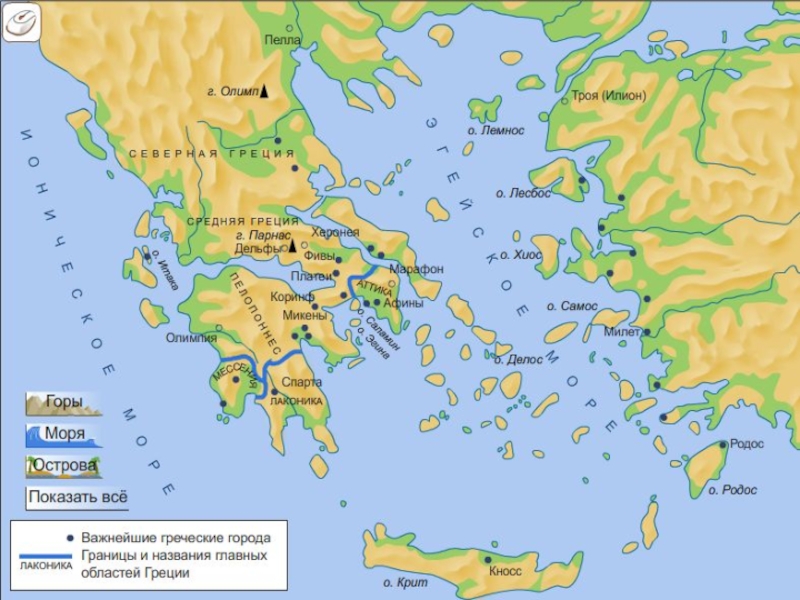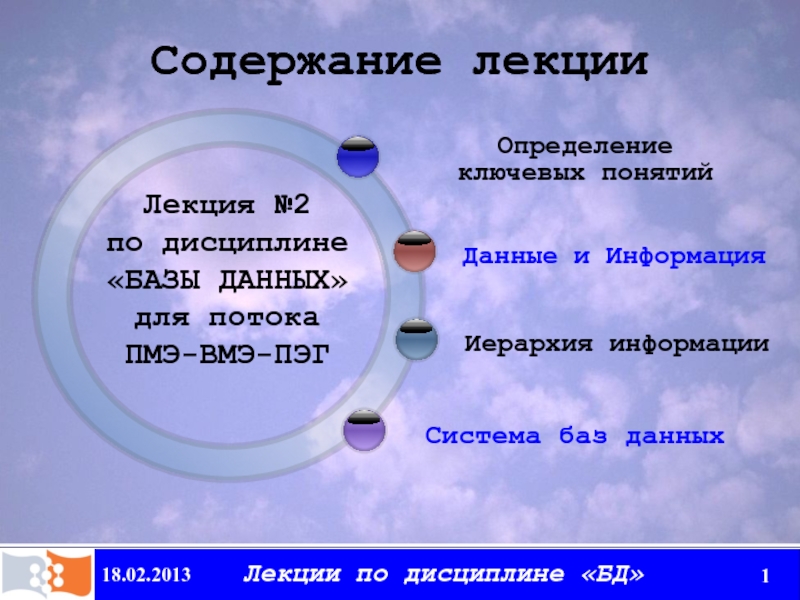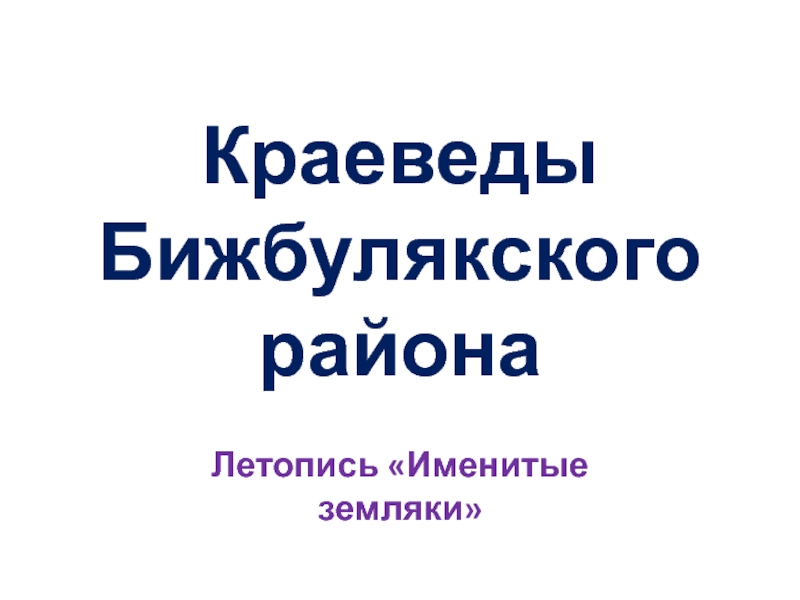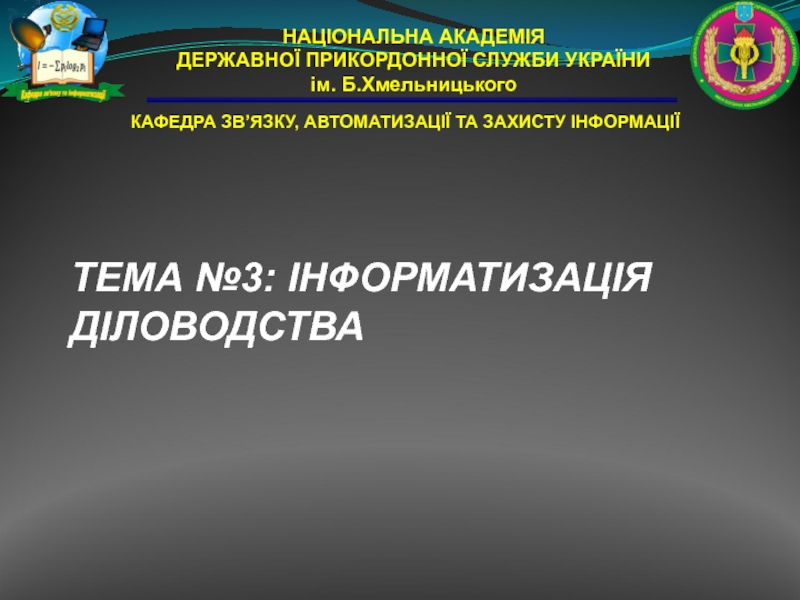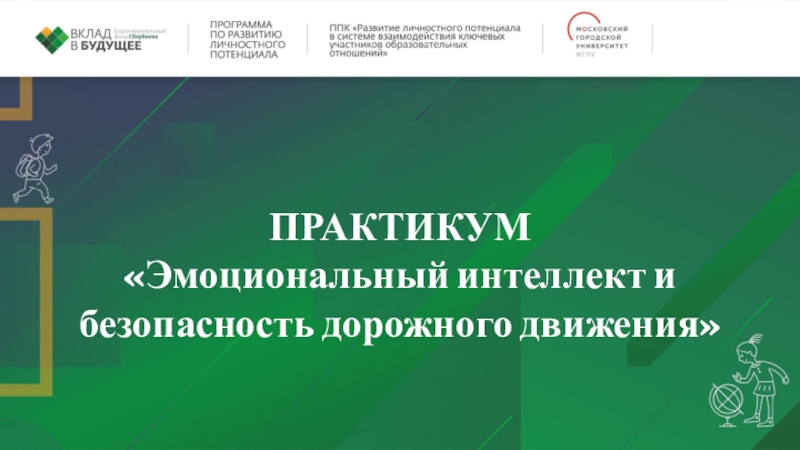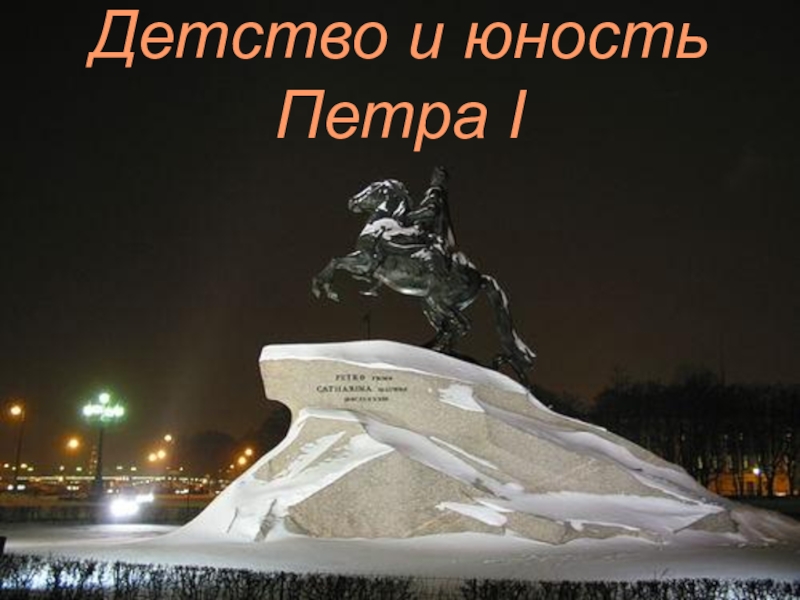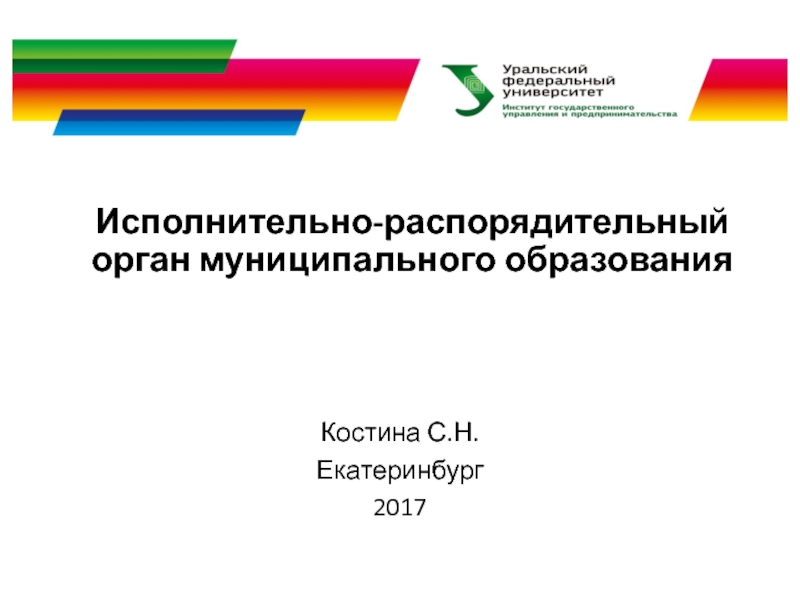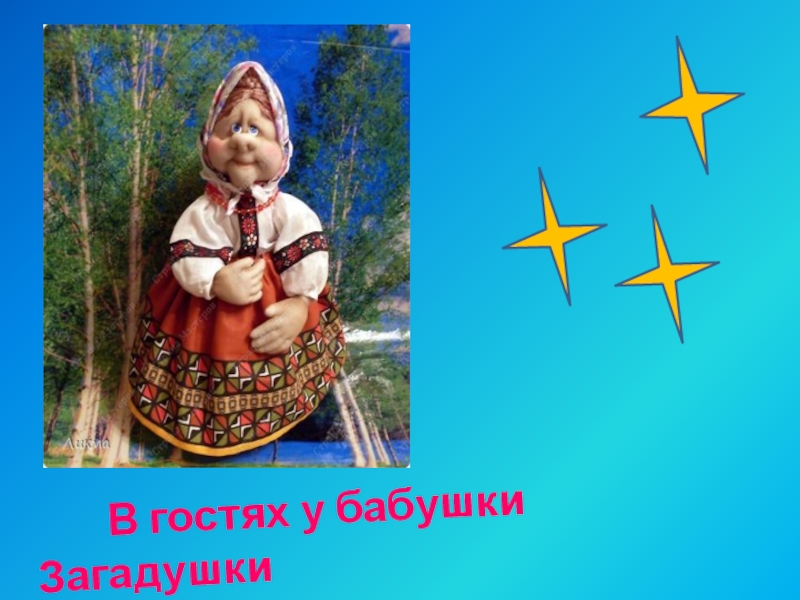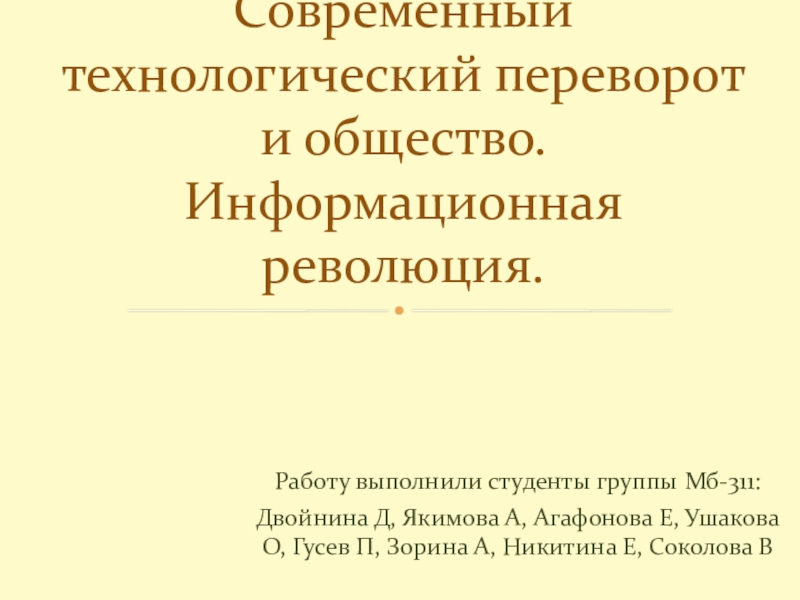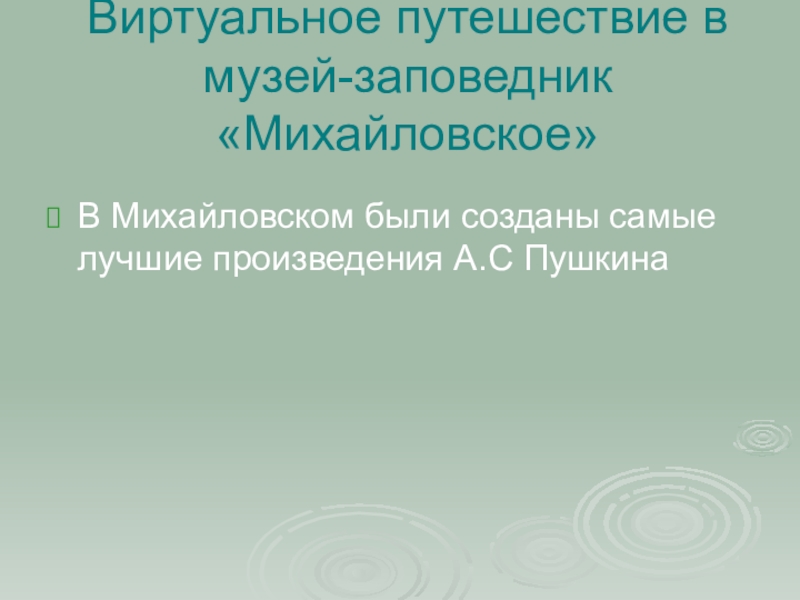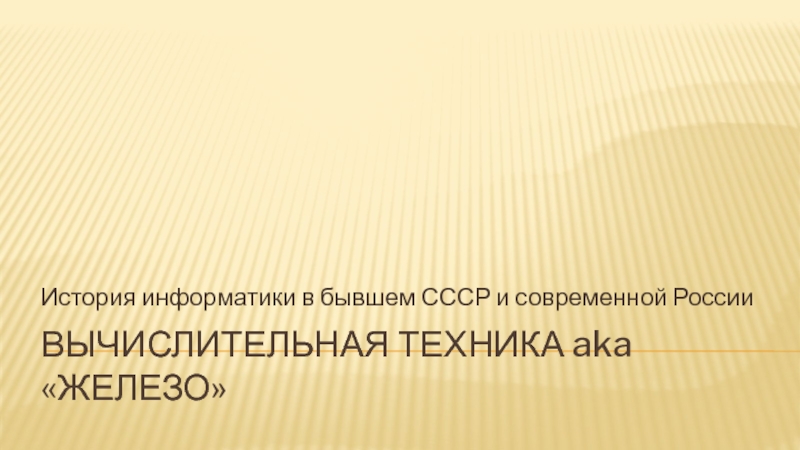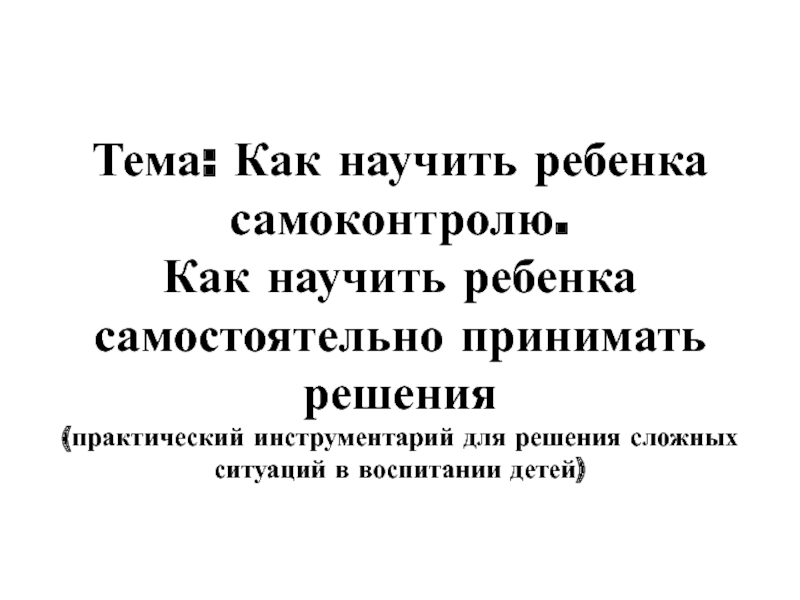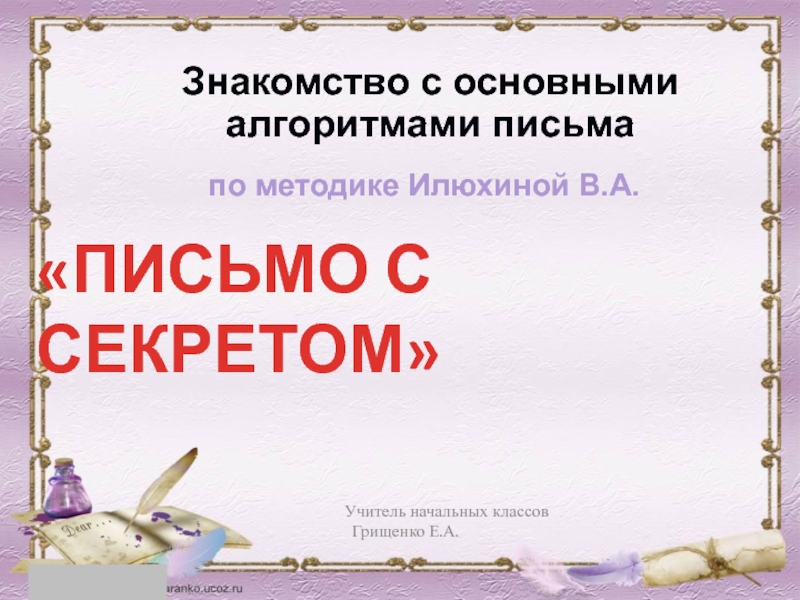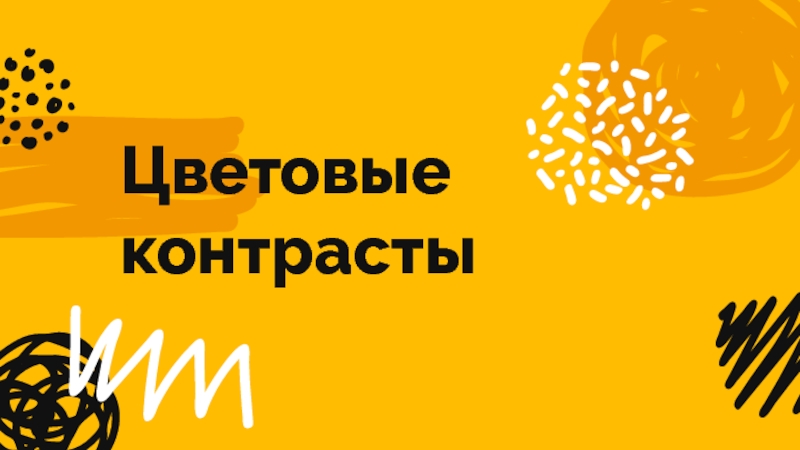55 folcum gefræge (fæder ellor hwearf, aldor of earde), oþþæt
him eft onwoc
heah Healfdene; heold þenden lifde,
gamol ond guðreouw, glæde Scyldingas.
ðæm feower bearn forð gerimed
60 in worold wocun, weoroda ræswan,
Heorogar ond Hroðgar ond Halga til;
hyrde ic þæt wæs Onelan cwen,
Heaðoscilfingas healsgebedda.
þa wæs Hroðgare heresped gyfen,
65 wiges weorðmynd, þæt him his winemagas
georne hyrdon, oðð þæt seo geogoð geweox,
magodriht micel. Him on mod bearn
þæt healreced hatan wolde,
medoærn micel, men gewyrcean
70 þonne yldo bearn æfre gefrunon,
ond þær on innan eall gedælan
geongum ond ealdum, swylc him god sealde,
buton folcscare ond feorum gumena.
ða ic wide gefrægn weorc gebannan
75 manigre mægþe geond þisne middangeard,
folcstede frætwan. Him on fyrste gelomp,
ædre mid yldum, þæt hit wearð ealgearo,
healærna mæst; scop him Heort naman
se þe his wordes geweald wide hæfde.
80 He beot ne aleh, beagas dælde,
sinc æt symle. Sele hlifade,
heah ond horngeap, heaðowylma bad,
laðan liges; ne wæs hit lenge þa gen
þæt se ecghete aþumsweorum
85 æfter wælniðe wæcnan scolde.
ða se ellengæst earfoðlice
þrage geþolode, se þe in þystrum bad,
þæt he dogora gehwam dream gehyrde
hludne in healle; þær wæs hearpan sweg,
90 swutol sang scopes. Sægde se þe cuþe
frumsceaft fira feorran reccan,
cwæð þæt se ælmihtiga eorðan worhte,
wlitebeorhtne wang, swa wæter bebugeð,
gesette sigehreþig sunnan ond monan
95 leoman to leohte landbuendum
ond gefrætwade foldan sceatas
leomum ond leafum, lif eac gesceop
cynna gehwylcum þara ðe cwice hwyrfaþ.
Swa ða drihtguman dreamum lifdon
100 eadiglice, oððæt an ongan
fyrene fremman feond on helle.
Wæs se grimma gæst Grendel haten,
mære mearcstapa, se þe moras heold,
fen ond fæsten; fifelcynnes eard
105 wonsæli wer weardode hwile,
siþðan him scyppend forscrifen hæfde
in Caines cynne. þone cwealm gewræc
ece drihten, þæs þe he Abel slog;
ne gefeah he þære fæhðe, ac he hine feor forwræc,
110 metod for þy mane, mancynne fram.
þanon untydras ealle onwocon,
eotenas ond ylfe ond orcneas,
swylce gigantas, þa wið gode wunnon
lange þrage; he him ðæs lean forgeald.
